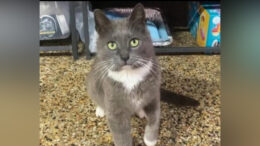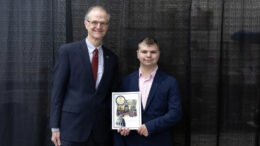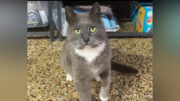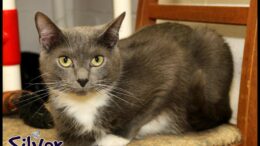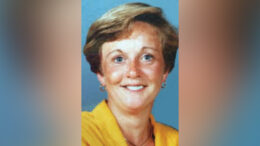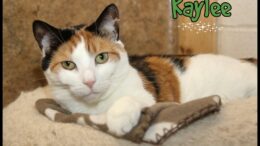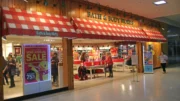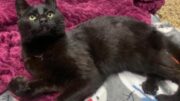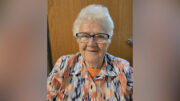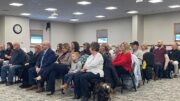The Democratic nominee for the 15th District seat in the U.S. House will make her first campaign swing through Venango County on Thursday.
Susan Boser, a sociology professor at Indiana University of Pennsylvania, will be the featured guest at the Oil Region Rising meeting on Thursday at Hoss’s Restaurant in Cranberry Township.
Those attending may order dinner from the menu at 5:30 p.m. with the meeting to follow at 6:15 p.m.
Boser defeated Wade Jodun in the May primary election to win the Democratic nod for the 15th District post. The winner led the vote tallies throughout the election night count and claimed 75 percent of all Democratic votes cast.
Democratic voters in Venango, Clarion and Forest gave her a hefty plurality.
Boser completed undergraduate studies at St. Bonaventure University and earned a Ph.D. degree in policy analysis and management from Cornell University. Prior to joining the IUP faculty, she had 20 years experience in the human services field in rural New York.
In her primary election campaign, Boser emphasized that her priorities are support for small businesses and agriculture, infrastructure improvements, access to high-speed internet and battling the opioid crisis.
Described in her campaign literature as a “progressive Democrat,” Boser does not accept corporate political action committee monies for her campaign.
She will face incumbent Congressman Glenn Thompson, a Republican from Centre County who is seeking re-election to a sixth two-year term.
The newly drawn 15th District, formerly labeled the 5th District under the previous congressional map, includes all of Venango, Clarion, Forest, Warren, Jefferson, Armstrong, Cameron, Clearfield, Elk, Indiana and McKean counties and parts of Butler, Cambria and Centre counties.
Mike Wilcox, chairman of Oil Region Rising, said Thursday’s meeting is open to all interested persons.
Oil Region Rising is a chapter of the national Indivisible Project comprised of more than 6,000 local groups in the U.S. It was formed to be a non-partisan organization, devoted to issues rather than political parties, said Wilcox, and membership comes from both major political parties and from independent voters.







